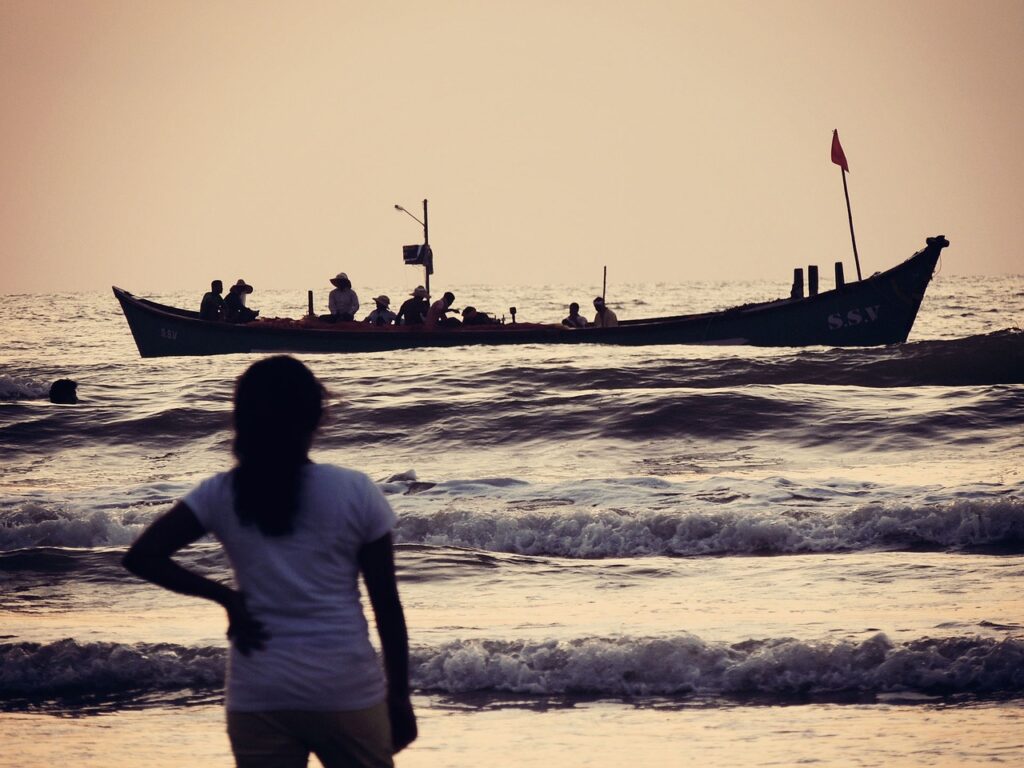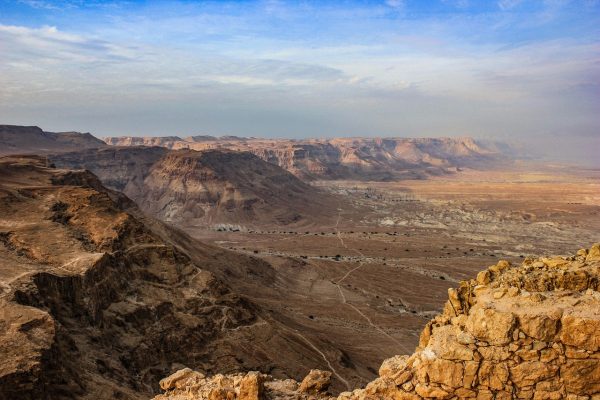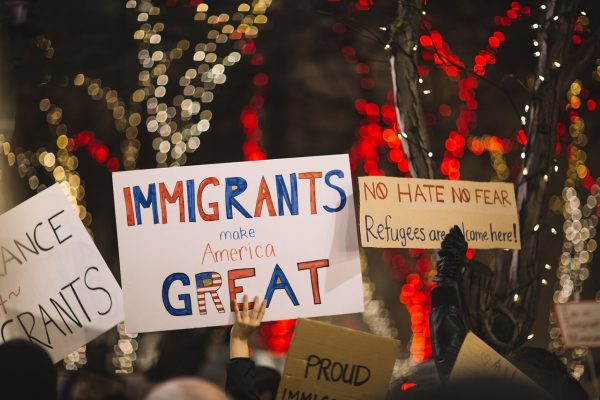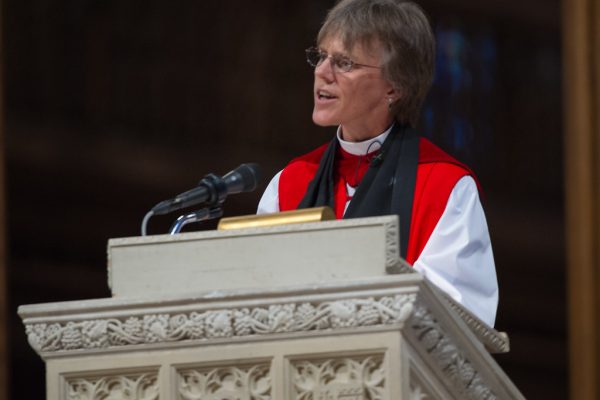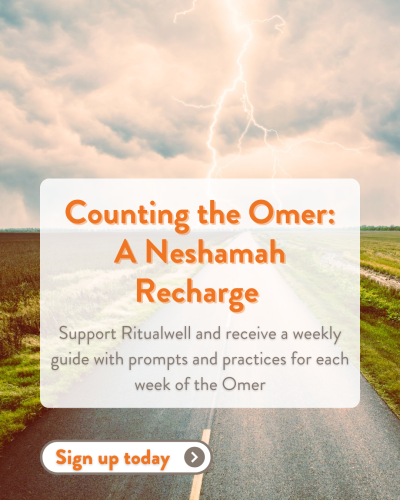The Days of Awe are a time of serious introspection and reflection for the Jewish community. Unetaneh Tokef, one of the central prayers of the High Holiday liturgy, poses some of the core questions that we address during these days. What will our fate be in the year to come? How do we balance divine power with free will? Do our actions have any consequence on our destiny? Through stark imagery and probing queries, Unetaneh Tokef seeks to help us address these questions in our own lives.
One of the other lenses through which we can meaningfully explore this liturgical poem is through the experiences of people whose lives are starkly in the balance. This year, given how much the global refugee crisis has been in the media, on our minds, and in our hearts, when we recite Unetaneh Tokef, it evokes some of the actual experiences that many of the world’s refugees face. Ultimately, Unetaneh Tokef’s conclusion reminds us of our agency in tempering the harsh decrees that may lie ahead through teshuvah, tefillah, and tzedakah. Though we cannot put an end to the global refugee crisis, we have the opportunity in the year ahead to temper the severity of the decrees faced by today’s refugees. This study session is designed to help us reflect on the connections between this poignant piece of holiday liturgy and the experiences of refugees and to explore our role in softening their decree.
Download the facilitator’s guide and source handout below. Created by HIAS, the global Jewish nonprofit that protects refugees. See all high holiday resources from HIAS here: www.hias.org/highholidays2016.

